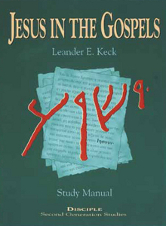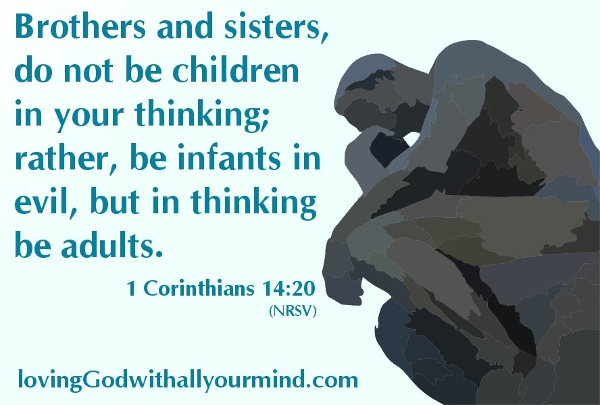This sermon was preached at Capitol Hill United Methodist Church on Sunday, November 5, 2017 as a part of the In God We Trust stewardship series.
Relationships: we all have them.
Some are thriving; some are broken; but most probably fall somewhere on the spectrum between thriving and brokenness. They can be at the same time both rewarding beyond measure and frustrating as all get out! Some of us, by nature, actively seek out relationships while others of us shy away from them for any number of reasons.
But what is it that makes a relationship work or fall apart? What is necessary to build one, and what will inevitably destroy one? What, if anything, do our day-to-day relationships have on our relationship to God – and vice versa?
As we continue with our sermon series, In God We Trust, we are thinking about relationships. To help us in considering this topic, we will be focusing on 1 Kings 17:8-16 and Luke 16:19-31. What do these passages say to you about relationships?
Listen to the sermon here:
Right-mouse-click this link to download the audio.
1 Kings 17:8-16
8Then the word of the Lord came to him, saying, 9“Go now to Zarephath, which belongs to Sidon, and live there; for I have commanded a widow there to feed you.” 10So he set out and went to Zarephath. When he came to the gate of the town, a widow was there gathering sticks; he called to her and said, “Bring me a little water in a vessel, so that I may drink.” 11As she was going to bring it, he called to her and said, “Bring me a morsel of bread in your hand.” 12But she said, “As the Lord your God lives, I have nothing baked, only a handful of meal in a jar, and a little oil in a jug; I am now gathering a couple of sticks, so that I may go home and prepare it for myself and my son, that we may eat it, and die.” 13Elijah said to her, “Do not be afraid; go and do as you have said; but first make me a little cake of it and bring it to me, and afterwards make something for yourself and your son. 14For thus says the Lord the God of Israel: The jar of meal will not be emptied and the jug of oil will not fail until the day that the Lord sends rain on the earth.” 15She went and did as Elijah said, so that she as well as he and her household ate for many days. 16The jar of meal was not emptied, neither did the jug of oil fail, according to the word of the Lord that he spoke by Elijah. (NRSV)
Luke 16:19-31
19“There was a rich man who was dressed in purple and fine linen and who feasted sumptuously every day. 20And at his gate lay a poor man named Lazarus, covered with sores, 21who longed to satisfy his hunger with what fell from the rich man’s table; even the dogs would come and lick his sores. 22The poor man died and was carried away by the angels to be with Abraham. The rich man also died and was buried. 23In Hades, where he was being tormented, he looked up and saw Abraham far away with Lazarus by his side. 24He called out, ‘Father Abraham, have mercy on me, and send Lazarus to dip the tip of his finger in water and cool my tongue; for I am in agony in these flames.’ 25But Abraham said, ‘Child, remember that during your lifetime you received your good things, and Lazarus in like manner evil things; but now he is comforted here, and you are in agony. 26Besides all this, between you and us a great chasm has been fixed, so that those who might want to pass from here to you cannot do so, and no one can cross from there to us.’ 27He said, ‘Then, father, I beg you to send him to my father’s house— 28for I have five brothers—that he may warn them, so that they will not also come into this place of torment.’ 29Abraham replied, ‘They have Moses and the prophets; they should listen to them.’ 30He said, ‘No, father Abraham; but if someone goes to them from the dead, they will repent.’ 31He said to him, ‘If they do not listen to Moses and the prophets, neither will they be convinced even if someone rises from the dead.’” (NRSV)


 I winced (kind of like I just winced as I typed the title). My shock was apparently obvious as he followed up his comment. “I know it’s kind of crude, but it’s true. Most lay-led Bible studies are pooled ignorance: a lot of people saying what they think something means without having any real theological basis for backing up what they say.”
I winced (kind of like I just winced as I typed the title). My shock was apparently obvious as he followed up his comment. “I know it’s kind of crude, but it’s true. Most lay-led Bible studies are pooled ignorance: a lot of people saying what they think something means without having any real theological basis for backing up what they say.”

 Surely you’ve been near a swimming pool that has not been cleaned in a long while. Can’t you see the yellowish, greeny, brown slime beginning to coat the sides? The rancid smell is one that kind of sticks in your nose even after you walk away, right? And don’t breathe through your mouth, because that smell is one you can taste if you’re not careful. You can add more water, but it’ll just evaporate, leaving behind the mildew.
Surely you’ve been near a swimming pool that has not been cleaned in a long while. Can’t you see the yellowish, greeny, brown slime beginning to coat the sides? The rancid smell is one that kind of sticks in your nose even after you walk away, right? And don’t breathe through your mouth, because that smell is one you can taste if you’re not careful. You can add more water, but it’ll just evaporate, leaving behind the mildew.